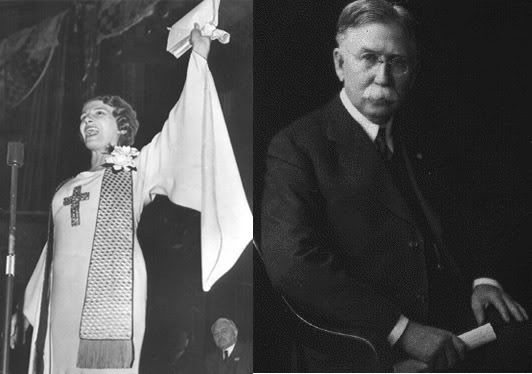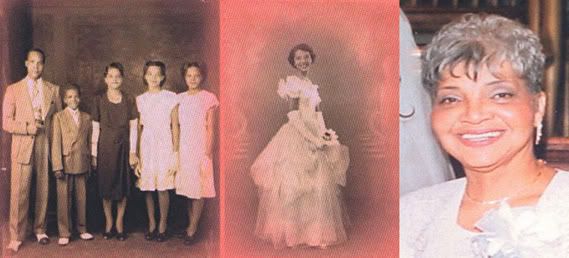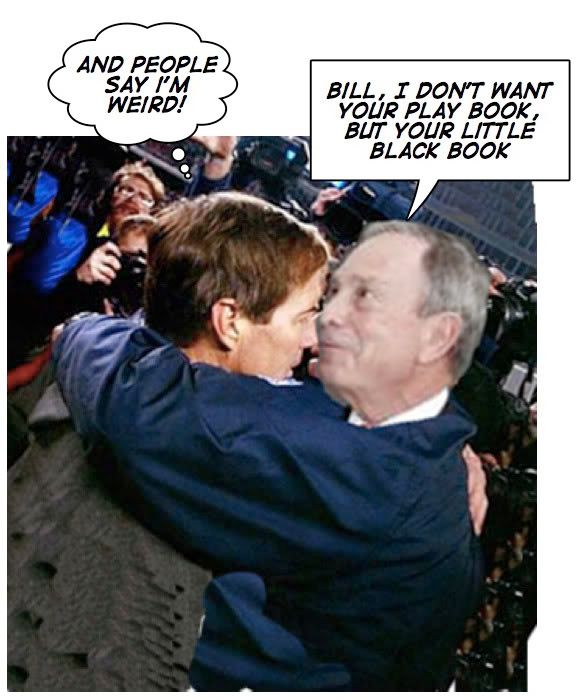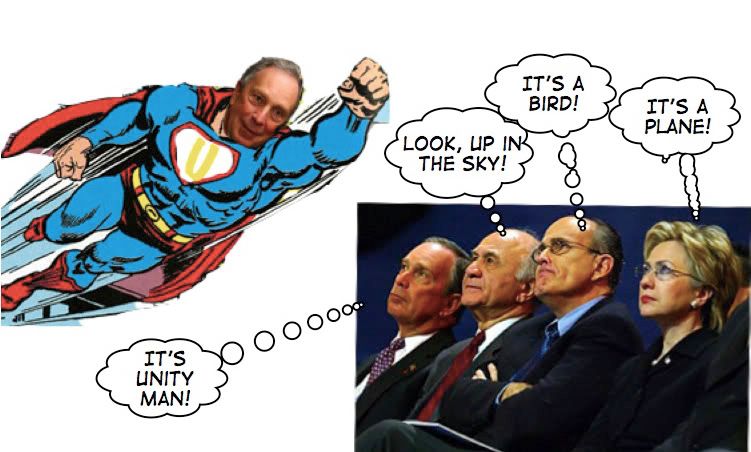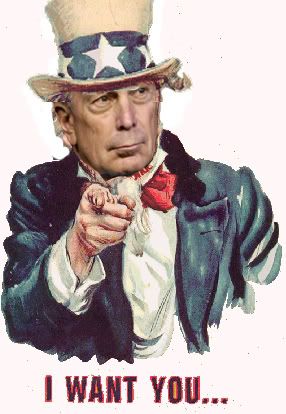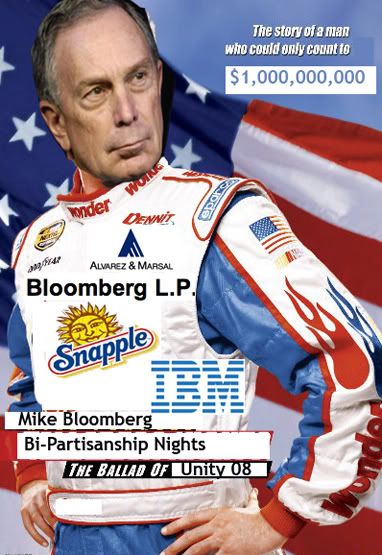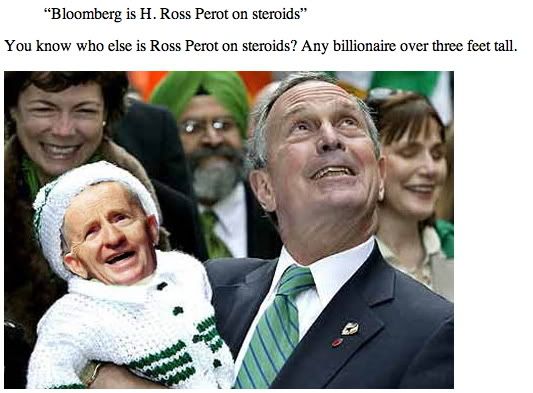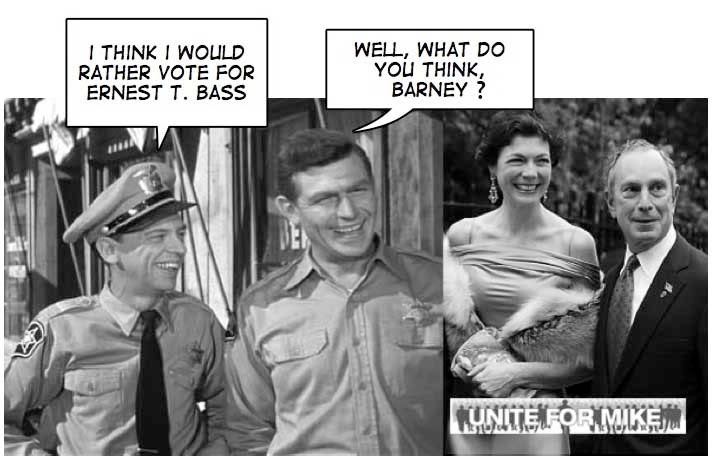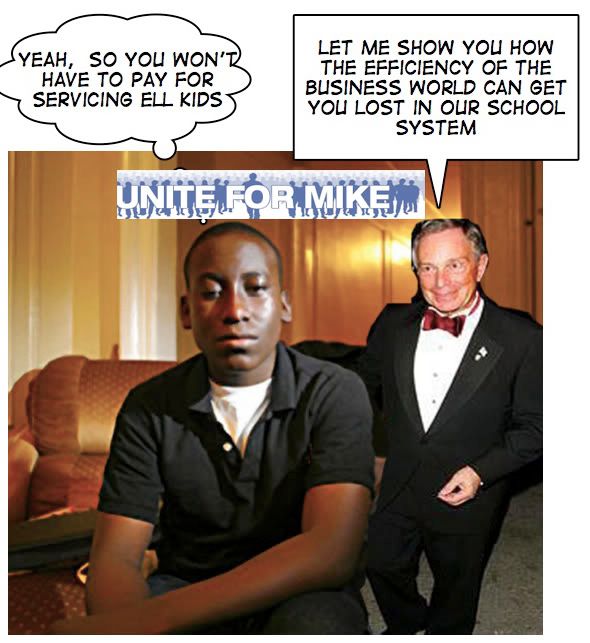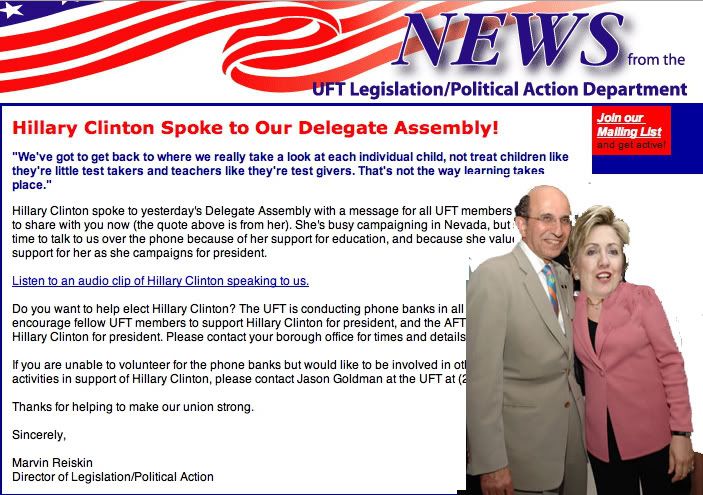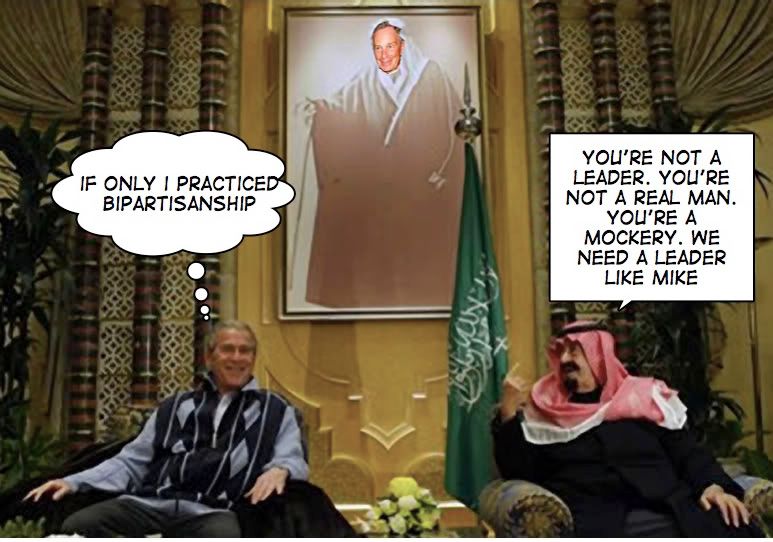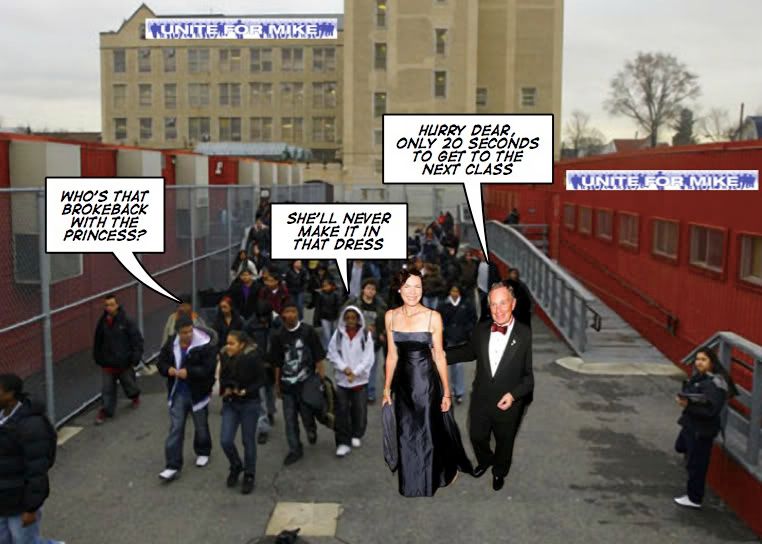Originally from 2/7/07 but youtube video was deleted.
Who would have thought of the possibilities of combining the swinging Basie/Sinatra version of "I Believe In You" with the story of Sojourner Truth, who definitely had "the cool, clear eyes of a seeker of wisdom and truth."
You have the cool, clear
Eyes of a seeker of wisdom and truth;
Yet there's that upturned chin
And that grin of impetuous youth.
Oh, I believe in you.
I believe in you.
I hear the sound of good, solid judgment
Whenever you talk;
Yet there's the bold, brave spring of the tiger
That quickens your walk.
Oh, I believe in you.
I believe in you.

